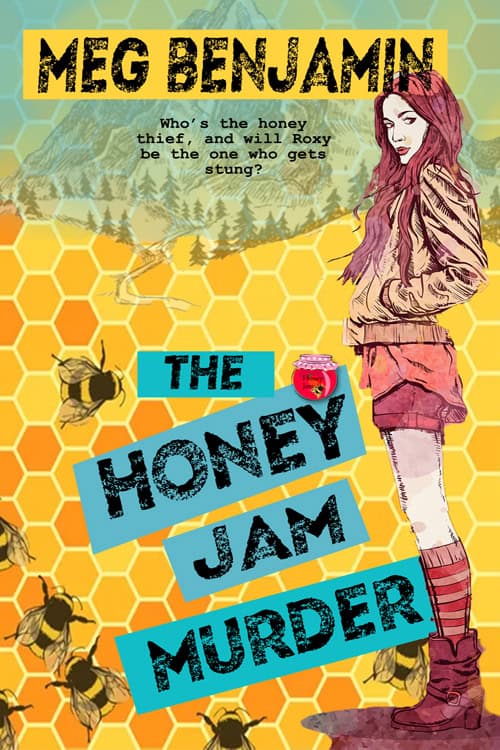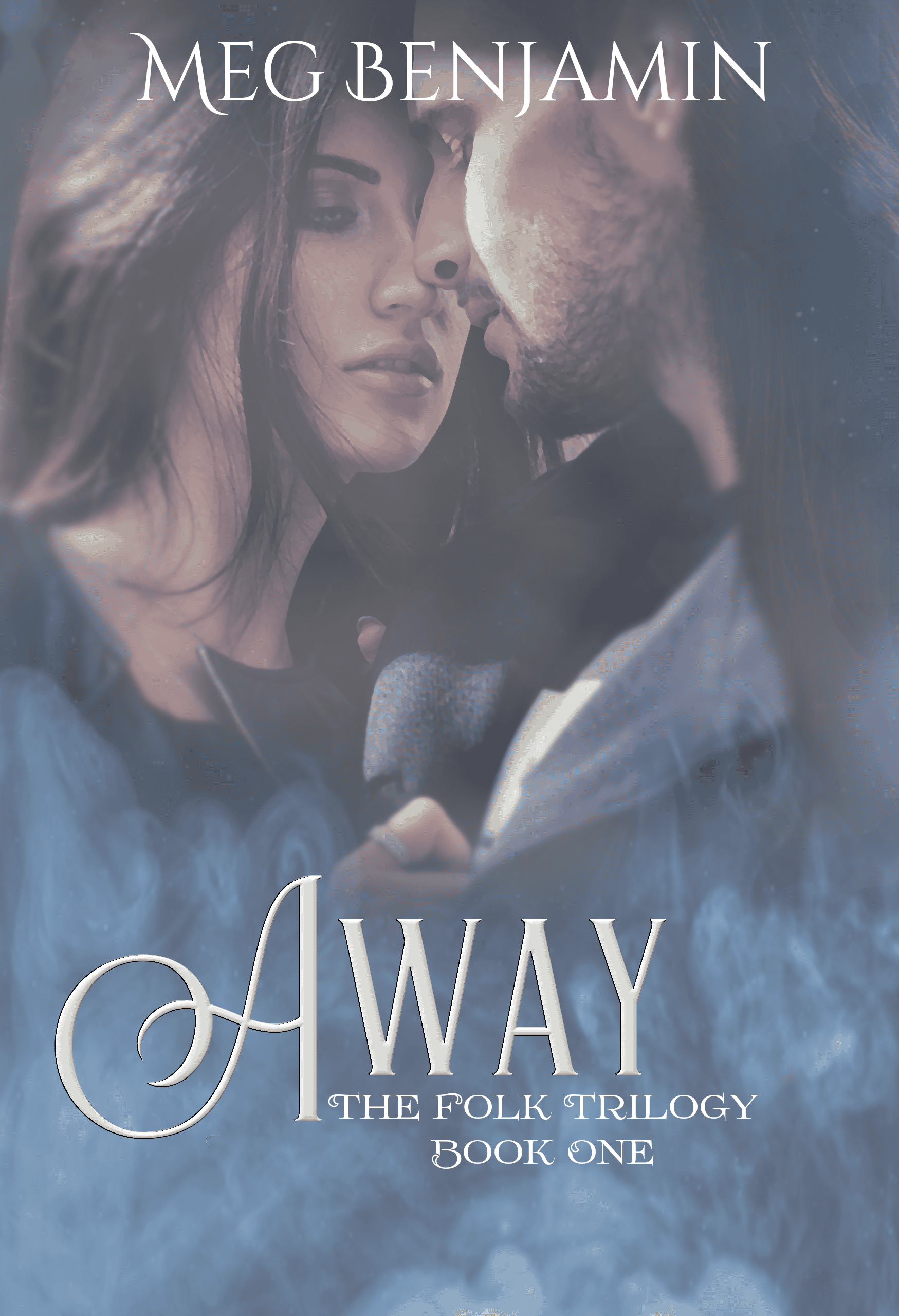RITA and Me
This is the second year I’ve entered books in the RITA contest, sponsored by the Romance Writers of American. The RITA is probably the most prestigious award for romance novelists, given that we’re not considered for things like the National Book Award. The number of entries is capped at 1,200, and every year some people don’t get in under the deadline.
This is the first year when I’ve also volunteered to judge the RITA. I had to think long and hard about doing it, since it meant reading and judging six to eight complete novels in a couple of months. However, I feel strongly that if you’re going to enter contests, you need to give back by agreeing to judge them too. So I entered my preferences and sat down to wait for my package.
While everyone was waiting for their books to show up, a spirited discussion started on the Professional Authors Network (PAN) list. Some of the authors wished that the RITA could become electronic. They lived in places that had had epic snowfalls, or they lived in countries other than the USA, and they knew it was going to take a while for their books to be delivered. They wanted them now.
The response from many PAN members was immediate and (sort of) predictable. Electronic files would never work. Not everybody had e-readers and even for the ones who did, what possible format could suffice for all the different readers out there? Lots of people didn’t like reading electronic files and preferred hard copy. Lots of people regarded the books themselves as a reward for judging the contest. It was already too complicated to get the printed volumes sent to the judges; electronic files would just make it worse. And wasn’t this just another of those ongoing arguments where the ebook authors bitched about being unappreciated?
Well, no, it wasn’t. I’ve been judging contests for a while now, like a lot of members of PAN. And what I’ve seen over the past three or four years has been the gradual transformation of most contests from printed pages to electronic files. Electronic files are easier to distribute and return, easier to comment upon, and in many ways easier to read, given the variable quality of photocopiers. Now granted, most contests are for unpublished authors and their entries run twenty to thirty pages rather than complete MSS. But what works for these contests should also work for contests like the RITA.
To take the objections in turn:
Not everybody has e-readers and even for the ones who do, what possible format could suffice for all the different readers out there? For a while many contests for unpubbed writers were both electronic and print. People who preferred electronic files could get them that way, while people who preferred print could get the entries in print. I’ve noticed that that option has pretty much disappeared as more and more judges have gotten used to electronic files. RITA could begin by offering the electronic option for those with ereaders and the hard copy option for those without. My guess is, the majority of judges would eventually go electronic. As for the format, Adobe has this cute little format called .pdf which can be read by virtually every ereader on the market, or failing that, on your computer. And there’s a free program called Calibre that will convert formats for ereaders. Format is sort of a red herring in this argument.
Lots of people don’t like reading electronic files. Lots of people regard the books themselves as a reward for judging the contest. Again, allowing people the option of choosing electronic files would take care of this, and the electronic files would serve as just as much a “reward” as the hard copy ones.
It’s already too complicated to get the printed volumes sent to the judges. This is actually another argument for electronic files. Transmitting printed books requires boxes, postage, correct addresses (and there’s no way to know whether the books were missent until someone complains) and a great deal of time and effort. Transmitting electronic files requires email addresses and a functioning computer. And if the files don’t go through, you find out immediately. It would also be an advantage for authors: sending five copies of a book to RWA for a RITA entry is an additional expense. The reduction in labor and cost for both the organization and the authors could be substantial.
There was one more objection that was made repeatedly to the idea of electronic files—allowing electronic entries might increase the number of authors who entered the RITA. Now some might see this as a plus, but RWA really doesn’t. They’re already having trouble getting enough judges for those 1,200 entries. But right now there’s a good chance that many electronic authors don’t bother to volunteer to judge the RITA because they’re not allowed to enter themselves. In fact, expecting authors to judge who can’t enter is sort of like expecting somebody to decorate for a party to which she’s not invited. If RWA would really like to increase the number of RITA judges, one way to do so would be to allow more people to qualify for the contest in the first place.
There’s some hope for the future here. Other contests for published authors, like the Holt Medallion and the Beanpot, have found ways to allow authors to submit ebooks. When RWA finally decides to take the plunge, there will be precedents for them to follow. I’m hoping eventually that will happen. Meanwhile, if y’all will excuse me now, I gotta go read.
Posted in Blog • Tags: ebooks, RITA, writing contests | 8 Comments









Well said, Meg, well said.
Thank you!
None of those objections make much sense, and as you so clearly pointed out, there is an answer for all of them. And if they cap the number of entries at 1200 for print, then they can keep that cap even if there is a digital option.
Seems this is more an issue of those adverse to change making a ruckus. Any change frightens them, no matter how sensible it might be.
Sigh. I think that’s at least part of the problem here. But I keep hoping we’ll move on.
Excellent post, Meg. I couldn’t agree more.
Thanks Peeg
OK!! OK!! I’m hopelessly hooked on the Texas series! I have read the first four on my Kindle, reading very fast but always wanting to stay awake for more. The idea of portraying a family and the group of close friends as time moves along is very creative and is in no way boring. The stories themselves are well constructed and make for wanting to press on to the next chapter. On scale of 1 to 10, I would rate book 1 an 8; book 2 a 6; book 3 a 9; and book 4 an 8.
My biggest complaint is the multi-page description of each sex encounter gets tedious. Once or twice is OK, but so many pages devoted to the same descriptions? cgw Bellingham WA